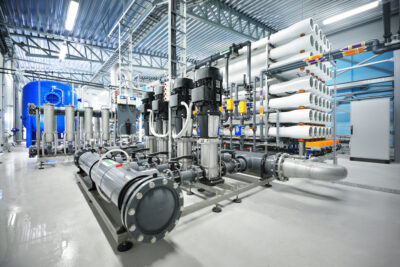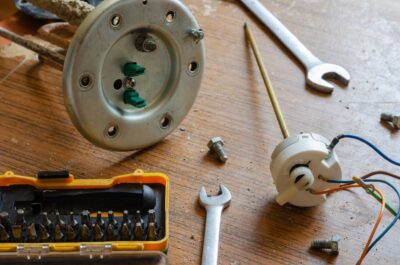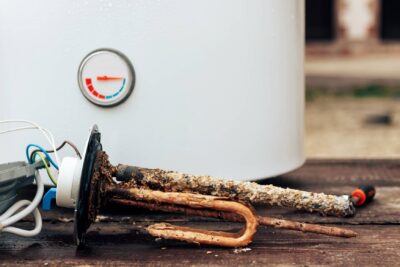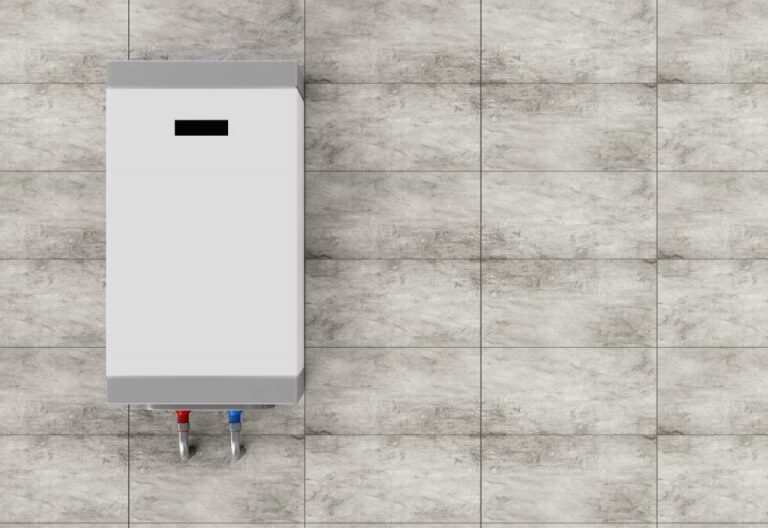Limescale Filter for Combi Boiler: Essential Protection for Your Heating System
Introduction
A combi boiler is a highly efficient and compact heating system that provides both hot water and central heating on demand. However, like any appliance that uses water, combi boilers are susceptible to limescale buildup, especially in areas with hard water. Limescale can significantly reduce the efficiency and lifespan of your boiler, leading to costly repairs or replacements. Installing a limescale filter specifically designed for combi boilers is a proactive solution to protect your investment and ensure your heating system operates smoothly.
What is Limescale and Why is it a Problem for Combi Boilers?
Limescale is a hard, chalky deposit primarily composed of calcium carbonate, which forms when hard water is heated. Hard water contains high levels of dissolved minerals, such as calcium and magnesium. When this water is heated inside a combi boiler, these minerals precipitate out and attach themselves to the internal components, such as the heat exchanger and pipes.
Over time, limescale buildup can lead to several issues:
- Reduced Efficiency: Limescale acts as an insulator, reducing the efficiency of heat transfer in the boiler. This means the boiler has to work harder to heat water, increasing energy consumption and utility bills.
- Increased Wear and Tear: The additional strain caused by limescale can lead to premature wear and tear on the boiler’s components, shortening its lifespan.
- Blockages and Overheating: Severe limescale buildup can cause blockages in the pipes and heat exchanger, leading to overheating and potential system failure.
How Does a Limescale Filter Work?
A limescale filter for a combi boiler is designed to prevent the formation of limescale within the system. These filters typically use one of several methods to protect your boiler:
- Polyphosphate Filters: These filters release a small amount of polyphosphate into the water, which binds to calcium and magnesium ions. This process keeps the minerals in a soluble form, preventing them from precipitating out and forming limescale.
- Magnetic Filters: Magnetic filters work by altering the physical properties of the minerals in the water, preventing them from crystallizing and sticking to the boiler’s internal components.
- Electronic Descalers: These devices use electromagnetic pulses to change the structure of the minerals in the water, reducing their ability to form limescale.
- Ion Exchange Filters: These filters replace calcium and magnesium ions with sodium ions, effectively softening the water and eliminating the risk of limescale formation.
Benefits of Installing a Limescale Filter for Your Combi Boiler
- Enhanced Efficiency: By preventing limescale buildup, a filter helps maintain the efficiency of your combi boiler, ensuring it operates at peak performance. This can lead to lower energy consumption and reduced heating bills.
- Extended Boiler Lifespan: A limescale filter reduces the wear and tear caused by limescale, helping to prolong the lifespan of your boiler. This can save you money on costly repairs and replacements.
- Reduced Maintenance Costs: With less limescale buildup, your boiler will require less frequent maintenance and descaling, reducing the overall cost of ownership.
- Consistent Hot Water Supply: Limescale can lead to blockages that affect the flow of water through your boiler. A limescale filter ensures a consistent supply of hot water by keeping the system free of blockages.
Conclusion
Installing a limescale filter is a simple and effective way to protect your combi boiler from the damaging effects of hard water. By preventing limescale buildup, you can maintain your boiler’s efficiency, extend its lifespan, and reduce maintenance costs. Whether you opt for a polyphosphate, magnetic, electronic, or ion exchange filter, the investment in a limescale filter will pay off in the long run, ensuring your heating system remains reliable and efficient.
“Although the combi boiler is not a common appliance in the UAE, limescale is a significant issue worldwide. We recommend reading this article for more information.
How Does a Limescale Filter Work?
A limescale filter for a combi boiler is designed to prevent the formation of limescale within the system. These filters typically use one of several methods to protect your boiler:
Polyphosphate Filters: These filters release a small amount of polyphosphate into the water, which binds to calcium and magnesium ions. This process keeps the minerals in a soluble form, preventing them from precipitating out and forming limescale.Magnetic Filters: Magnetic filters work by altering the physical properties of the minerals in the water, preventing them from crystallizing and sticking to the boiler’s internal components.Electronic Descalers: These devices use electromagnetic pulses to change the structure of the minerals in the water, reducing their ability to form limescale.Ion Exchange Filters: These filters replace calcium and magnesium ions with sodium ions, effectively softening the water and eliminating the risk of limescale formation.
Award-winning HydroFLOW®️ units prevent and remove limescale and other mineral deposits in pipes and equipment, reducing blockages, extending lifespan, and maximizing efficiency. British Gas has been installing our household unit, Hydroflow HS38, since 1992.
HydroFLOW®️ water conditioners contribute to the United Nations Sustainable Development Goals Framework, specifically:
Goal 6: Clean Water and SanitationGoal 9: Industry, Innovation, and InfrastructureWe have received international awards and accreditations in recognition of our achievements







